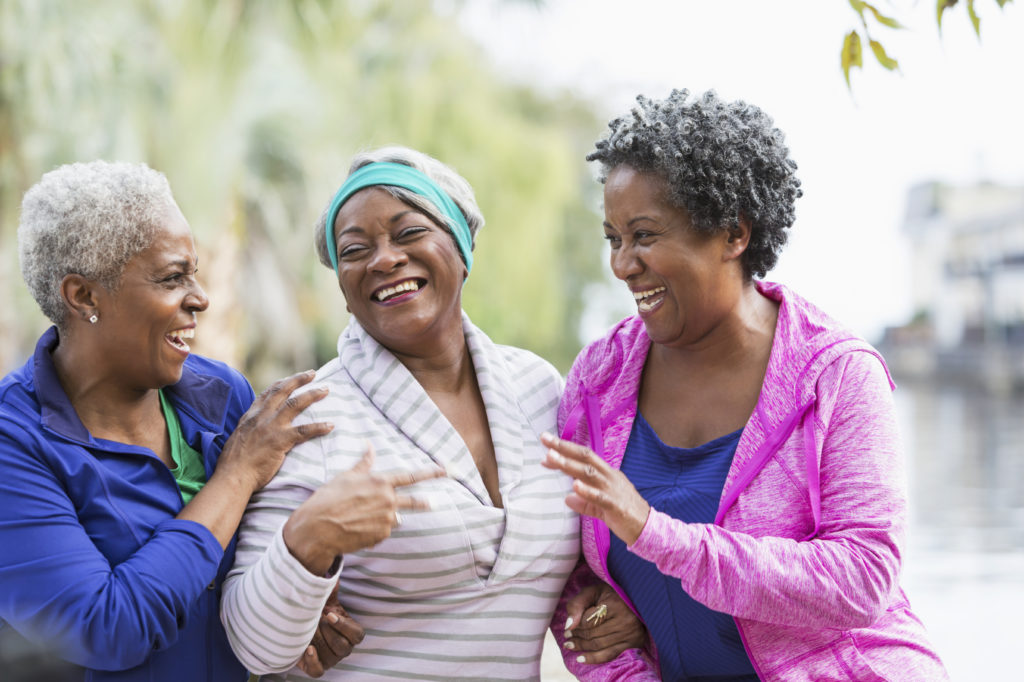
Connections Matter
Throughout your life, the number and strength of your relationships affect your mental and physical wellbeing. Social ties affect not only your personal health but also extend to broader society. People who spend more time with each other forge happy, productive communities.
The benefits of social connections and good mental health are many. Proven links include lower rates of anxiety and depression, higher self-esteem, greater empathy, and more trusting and cooperative relationships. Strong, healthy relationships can also help to strengthen your immune system, help you recover from disease, and may even lengthen your life.
While many of these benefits can make you happier and more contented, there’s also a flow-on effect, whereby people around you will want to spend time with you. In this way, social connectedness generates a positive feedback loop of social, emotional and physical wellbeing.
In contrast, loneliness can have dramatic consequences for your health. Loneliness can lead to disrupted sleep patterns, elevated blood pressure, and increased stress hormone. It can affect your immune system and decrease your overall sense of contentment. Loneliness is also a risk factor for antisocial behavior, depression, and suicide.
Older people are particularly vulnerable. If your mobility decreases, it can be harder to get together with other people. However, older people who remain connected with others and have strong relationships are likely to:
- have a better quality of life
- be more satisfied with their life
- have a lower risk of dementia and mental decline
- need less domestic support.
Younger people are also at risk when they are isolated. A lack of social relationships can have a direct impact on a young person’s physical wellbeing by increasing the risk of obesity, inflammation and high blood pressure.
These three health issues can lead to long-term health problems, including heart disease, stroke, and cancer, but a varied social network can help protect against physical decline.

It is important to recognize that loneliness differs from solitude. Feeling lonely is a problem, but being alone may not be a problem at all. Many people live alone and have happy, fulfilling lives.
Feeling lonely is hard to cope with. Luckily, there are things you can do to tackle loneliness. For instance, you can nurture healthy relationships with people who make you feel good by spending time with them and trying to talk to someone every day.
Think about the relationships you have with people, and the relationships you would like to have. You might find you want to make new friendships, or perhaps you want to make your existing relationships stronger.
There are lots of ways to meet new people like joining a sports team or a walking or hobby group, or volunteering. Call your local council to find out about local groups or programs or visit your local community center or library – there is always something happening in your community.
Not all strategies will work for everyone, so try some different approaches to see what works for you. If the first thing you try does not work out, try something different.
